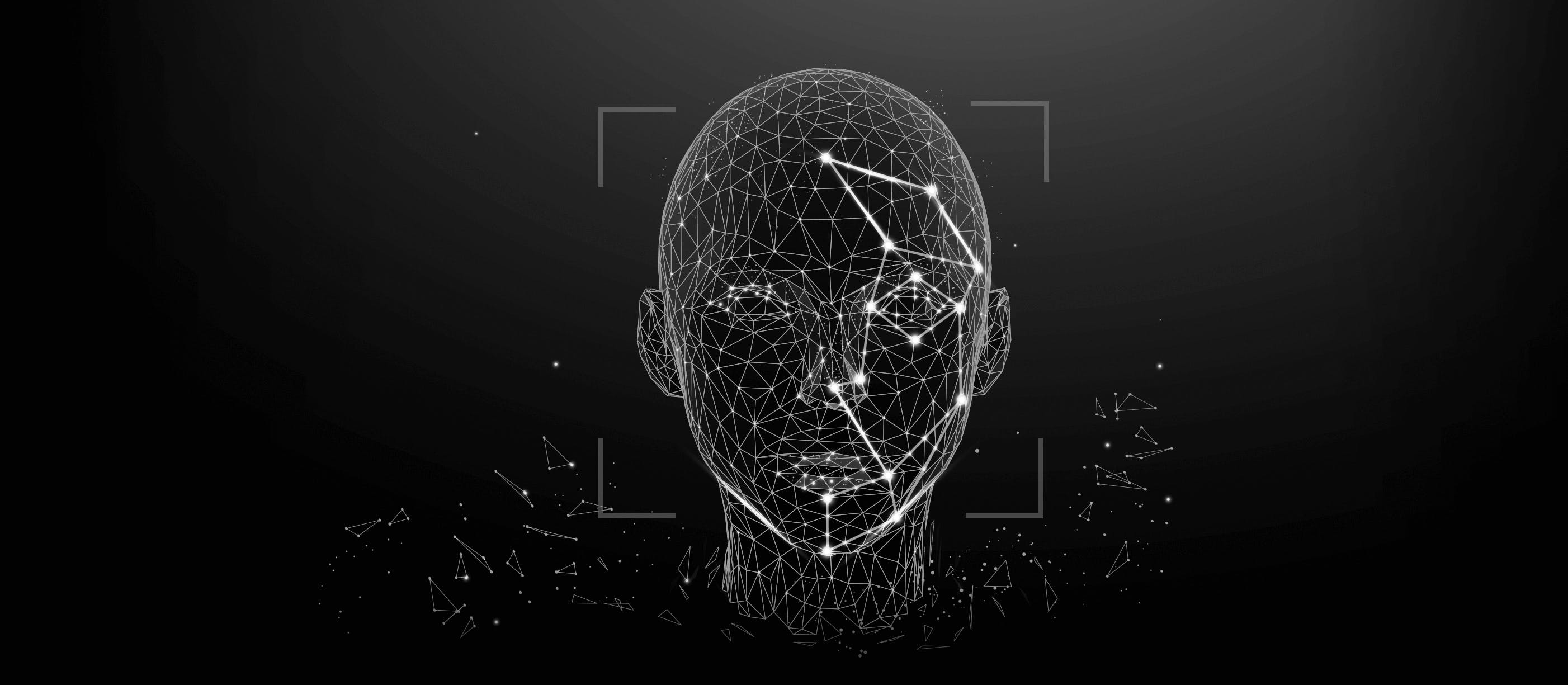

Governments and regulators are always resourceful when it comes to controlling their citizens. Surveillance cameras, drones, microphones, and all those ‘big brother’-style mechanisms have become rampant in modern countries.
One such example is Australia and its current plan to mull facial recognition when accessing certain controversial websites. The Australian Associated Press recently reported that the Department of Home Affairs made its intentions public to compel individuals to undergo a facial scan to ensure that only adults are accessing porn and gambling websites.
The combination of biometric data and face ID
The government would use its existing biometric data – such as a driver’s license or passport photos – to confirm the age of a certain individual and make sure that no youngster is able to look at nude women or place a wager in a top Australian online casino.
Another purpose of facial recognition is to bar self-excluded problem gamblers from evading existing restrictions and wagering anyway.
However, the issue of privacy and government surveillance jumps out immediately here. Many skeptics are wary that the government can use facial recognition and its already-rampant surveillance system to further infringe individuals’ privacy.
The most prominent example here is China with its almost unbearable surveillance system in public areas, as well as private spaces. Not only that, the Chinese government has announced that anyone who wants to get a new phone number or the internet connection has to submit their biometric data. Here’s your ‘big brother’, again!
Beware of the private sector!
However, the control mechanisms concentrated under the hands of the government isn’t the only concern these skeptics have. Private enterprises can also use this technology to undermine citizens’ privacy. The example of Equifax and its 2017 scandal with the data breach will suffice to paint the picture.
But there are certain cases when even the governments oppose such technologies. When private entities take hold of the surveillance mechanisms, the government quickly barge in to ‘protect’ their citizen’s personal credentials, but more importantly, maintain their monopoly in terms of controlling the flow of society’.
With such technologies that give governments and private entities the ability to monitor individuals, the world is getting increasingly susceptible to technological surveillance. It’s up to the individual citizens to protect their rights and protest against the infringement of their privacy.